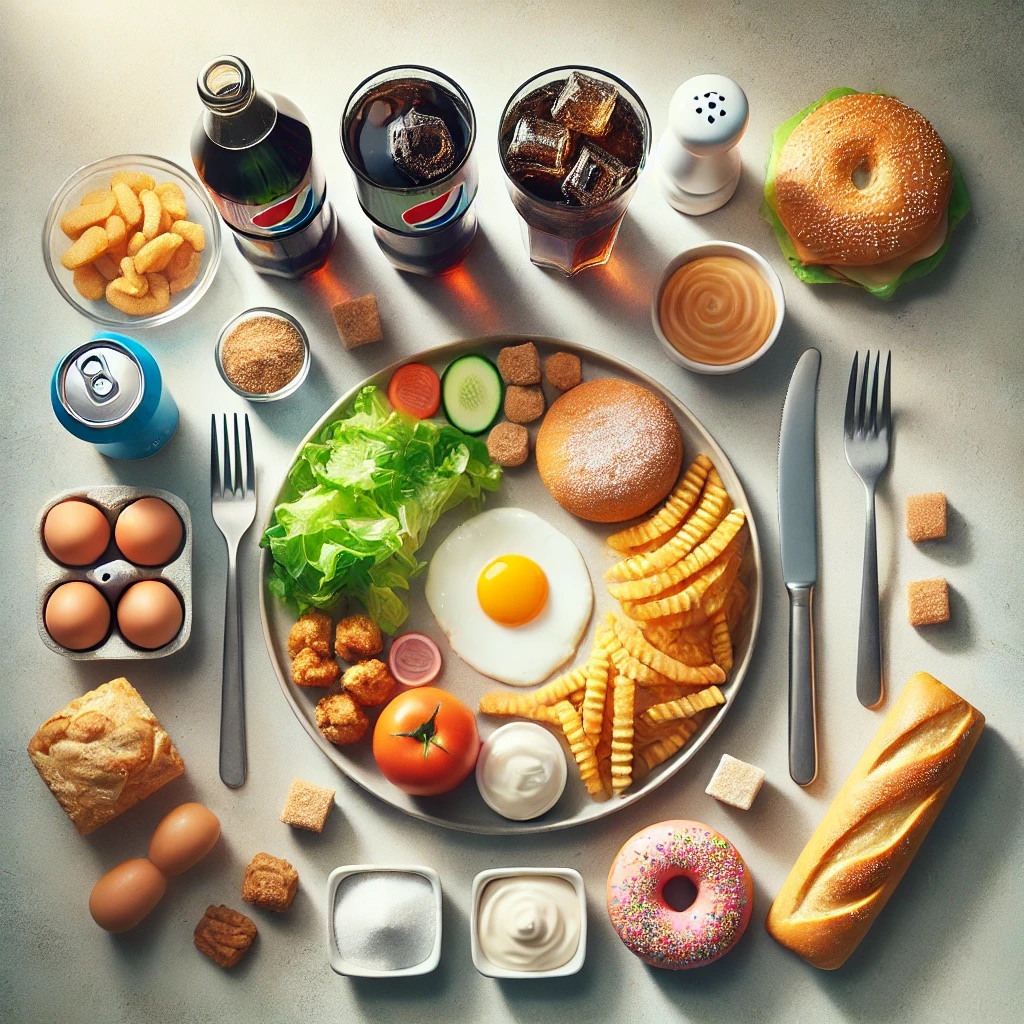After Gastric Sleeve Surgery, dietary changes are crucial to ensure a successful recovery, effective weight loss, and long-term health. With a significantly reduced stomach size, it’s important to be mindful of the foods you consume, as certain foods can cause discomfort, interfere with your weight loss goals, or even lead to complications. In this guide, we’ll discuss the foods to avoid after Gastric Sleeve Surgery, why they should be avoided, and how to build a diet that supports your weight loss journey.
At Tour Medical, we work with trusted Health Tourism Authorized clinics to organize your journey with care. While the following recommendations are based on professional guidance from our partners, always consult with your healthcare provider for personalized advice.
Why Is Diet Important After Gastric Sleeve Surgery?
Gastric Sleeve Surgery reduces the size of your stomach to a sleeve-like shape, limiting the amount of food you can eat and helping you feel full sooner. The post-surgery diet is designed to:
- Promote Healing: The right foods allow the stomach to heal properly after surgery, minimizing complications.
- Avoid Discomfort: Eating certain foods can cause pain, bloating, or blockages, slowing down recovery.
- Support Weight Loss: A balanced diet, high in protein and low in calories, is essential for achieving and maintaining weight loss.
Foods to Avoid After Gastric Sleeve Surgery
To achieve the best results and avoid complications, it’s important to eliminate or limit the following foods after surgery:
-
Carbonated Beverages
- Why to Avoid: Carbonated drinks, like soda and beer, can cause bloating, discomfort, and may stretch your reduced stomach, impacting weight loss.
- Alternative: Opt for water, herbal tea, or low-sugar drinks instead.
-
Sugary Foods and Drinks
- Why to Avoid: Sugary foods like candies, desserts, and sweetened beverages are high in calories and can lead to dumping syndrome, causing nausea and cramping.
- Alternative: Use natural sweeteners like stevia or choose nutrient-dense fruits like berries.
-
Fried and Fatty Foods
- Why to Avoid: These are difficult to digest and can cause discomfort. They are also high in calories, which can hinder weight loss.
- Alternative: Opt for lean proteins, such as chicken breast or fish, prepared with minimal oil.
-
Bread, Pasta, and Rice
- Why to Avoid: These soft, starchy foods can expand in the stomach and create blockages. They are also high in carbohydrates.
- Alternative: Choose alternatives like cauliflower rice or quinoa, which are more nutrient-dense and less likely to cause discomfort.
-
Tough Meats
- Why to Avoid: Dry, tough meats like steak or pork chops can be difficult to chew and digest, causing discomfort.
- Alternative: Opt for tender proteins like ground turkey or slow-cooked meats.
-
Fibrous Vegetables
- Why to Avoid: Vegetables high in fiber, like broccoli or celery, can cause bloating and gas, especially in the early stages of recovery.
- Alternative: Start with well-cooked, non-fibrous vegetables like zucchini or carrots.
-
Nuts, Seeds, and Popcorn
- Why to Avoid: These foods are hard to digest and can cause blockages in your smaller stomach. They’re also calorie-dense.
- Alternative: Choose snacks like Greek yogurt or roasted chickpeas for a healthier option.
-
Alcohol
- Why to Avoid: Alcohol is high in empty calories and can irritate the stomach lining. After surgery, alcohol is absorbed more quickly, leading to faster intoxication.
- Alternative: Avoid alcohol, especially in the first year after surgery, and opt for water or mocktails instead.
-
Caffeinated Beverages
- Why to Avoid: Caffeine can lead to dehydration and acid reflux, both of which can be problematic after surgery.
- Alternative: Choose decaffeinated drinks or herbal teas.
-
High-Sugar Fruits
- Why to Avoid: Fruits like mangoes or grapes are high in natural sugars, which can contribute to excessive calorie intake.
- Alternative: Opt for lower-sugar fruits like berries or apples.
Tips for Success After Gastric Sleeve Surgery
-
Eat Slowly and Chew Thoroughly
Take small bites and chew food well to prevent discomfort or food getting stuck in your stomach. -
Stick to Small Portions
Your stomach can only hold small amounts of food, so control your portions to avoid overeating. -
Prioritize Protein
Include a source of protein in every meal to support recovery and maintain muscle mass. -
Stay Hydrated
Drink at least 64 ounces of water per day, but avoid drinking liquids with meals to prevent stomach stretching. -
Follow Your Diet Phases
Gradually progress from liquids to pureed, soft, and eventually solid foods, as recommended by your healthcare provider.
FAQs About Foods to Avoid After Gastric Sleeve Surgery
-
Why can’t I have carbonated drinks?
Carbonated drinks can cause bloating and discomfort and may stretch your smaller stomach. -
Can I eat bread after surgery?
Bread can expand in your stomach, causing blockages. It’s best to avoid it, especially early in recovery. -
When can I start eating solid foods again?
Solid foods are typically reintroduced 6-8 weeks after surgery, depending on your progress. -
Can I drink alcohol after surgery?
Alcohol should be avoided, especially during the first year, as it can irritate your stomach. -
Why should I avoid sugary foods?
Sugary foods can lead to weight gain and dumping syndrome, which causes nausea and cramping.
At Tour Medical, we help organize your journey, including dietary guidance from experienced professionals. Even if you are not a patient of ours, feel free to contact us with any questions. Our patient coordinators are happy to help.
Email: info@tourmedical.com
 English
English














